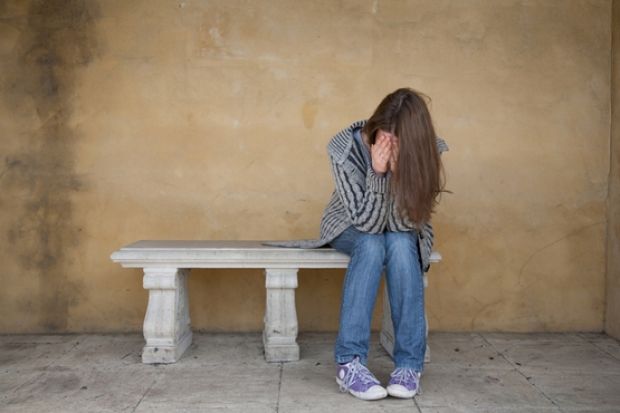News of the Office of the Independent Adjudicator’s focus on tackling lad culture is an important win for students and a massive step forward in a national aim to get the education sector to embed national policy and guidance for institutions, and create local strategies to combat lad culture.
Since the launch of the National Union of Students report, That’s What She Said, in March 2013, we have been consistently vocal about the impact of lad culture and the need to eliminate it on our campuses. The report highlighted negative experiences student women faced on campuses every day as a result of lad culture, and explored how sexual harassment thrived within educational spaces and was normalised as part of the “student experience”.
With students and staff raising their concerns across the UK about the prevalence of sexual harassment on campuses, we made tackling lad culture an organisational priority. We formed the Lad Culture National Strategy Team, made up of students, students’ unions and others. We found out that 60 per cent of students were unaware of any university codes of conduct that prohibit or tackle such behaviour.
To get a more detailed image of the structures and projects in place at institutions to tackle lad culture, the strategy team created an auditing tool and invited students’ unions to audit their policy, training, education and support services both from a union and university perspective.
The results from this audit are currently being analysed, but initial findings show that many student unions are finding it difficult to find relevant policy from their institution to address lad culture, and that there seems to be a lack of promotional activity to make sure students are aware of policies that do exist. It is clear that the lack of clarity on how to report sexual harassment on many campuses means that institutions are structurally contributing to a culture that that doesn’t take sexual harassment seriously.
In order to fix this situation, our institutions must wake up to how unacceptable the lack of recourse is and demand higher standards for support and preventative activity.
Much more is needed to ensure that institutions and students’ unions are working together to tackle lad culture and that students have the necessary support in place if they are the victim of sexual harassment and violence.
Susuana Antubam is women's officer at the NUS
Register to continue
Why register?
- Registration is free and only takes a moment
- Once registered, you can read 3 articles a month
- Sign up for our newsletter
Subscribe
Or subscribe for unlimited access to:
- Unlimited access to news, views, insights & reviews
- Digital editions
- Digital access to THE’s university and college rankings analysis
Already registered or a current subscriber? Login




